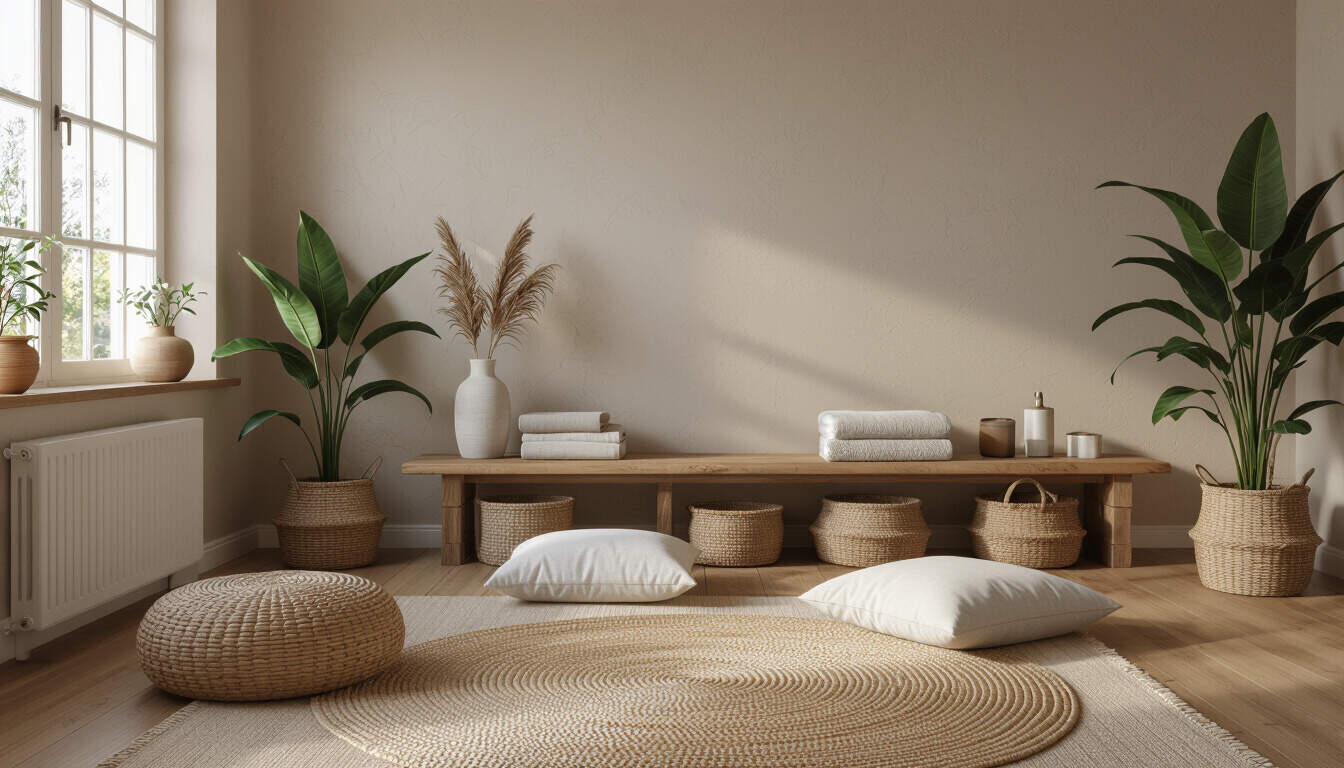Simplicity in Self-Care
 by Lilian Nienow
by Lilian Nienow
Explore ways to make self-care routines easier and more meaningful for busy lives. This approach focuses on essential practices that promote well-being without overwhelming schedules, offering a path to daily calm and balance.

In a life filled with demands, finding ways to care for oneself can often feel like an added burden. Yet, simplicity offers a gentle path forward. By focusing on what truly matters, individuals can create routines that nurture the mind and body without excess.
People in fast-paced roles often overlook their own needs amid daily tasks. A straightforward self-care practice begins with identifying core elements that bring peace. For instance, basic activities like walking or quiet reflection can restore energy. These choices help build a foundation for lasting well-being.
One key aspect is reducing clutter in routines. Start by examining daily habits and removing anything unnecessary. A simple morning ritual might include just a few minutes of deep breathing followed by a healthy drink. This method allows for consistency without demanding too much time.
Practical steps make a difference. First, prioritize sleep as a vital component. Aim for regular hours and a calm environment to support rest. Second, incorporate movement through short, enjoyable exercises like stretching or a brief walk. These actions keep the body active while fitting into tight schedules.
Nutrition plays a role too. Choose meals that are nourishing yet easy to prepare. Fresh fruits, vegetables, and whole grains can form the basis of a balanced diet without complicated recipes. Self-care routines benefit from this ease, leading to better health over time.
Creating space for mental clarity is equally important. Set aside moments for reading or journaling, keeping these sessions brief and focused. Such practices foster a sense of control and reduce stress in everyday life.
Building Habits That Last
To sustain these changes, integrate them gradually. Begin with one new habit each week, allowing it to become routine before adding more. For example, start with evening wind-downs that include light reading instead of screens. Over time, this builds a supportive framework.
Relationships also influence self-care. Share simple activities with loved ones, like a shared meal or a short conversation. These connections enhance emotional health and provide mutual support.
Many find that seasonal adjustments help maintain balance. In warmer months, outdoor time might involve a quiet park visit, while cooler periods could mean indoor relaxation with soft lighting. Adapting in this way keeps practices fresh and relevant.
The Rewards of a Simple Approach
Adopting simplicity in self-care brings clear advantages. Individuals report feeling more centered and productive. With less mental noise, focus improves, and energy levels rise. This shift supports a fuller life overall.
For busy professionals, the key lies in intention. Treat self-care not as a luxury but as a necessary part. By doing so, one cultivates resilience and joy in daily moments.
In closing, embracing this path means honoring personal limits. Through thoughtful choices, anyone can achieve a balanced lifestyle that feels attainable and rewarding.
